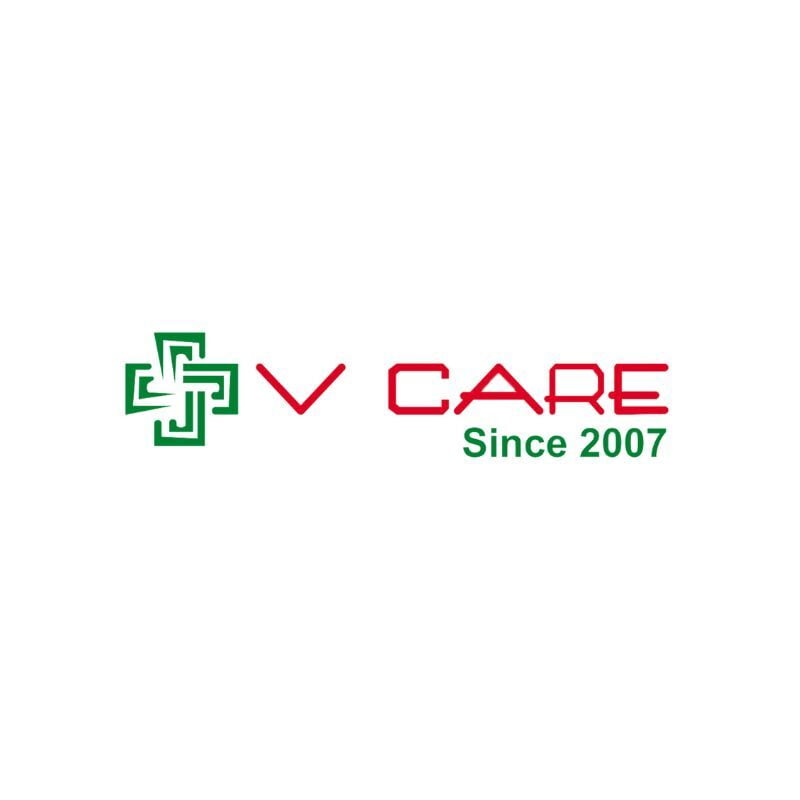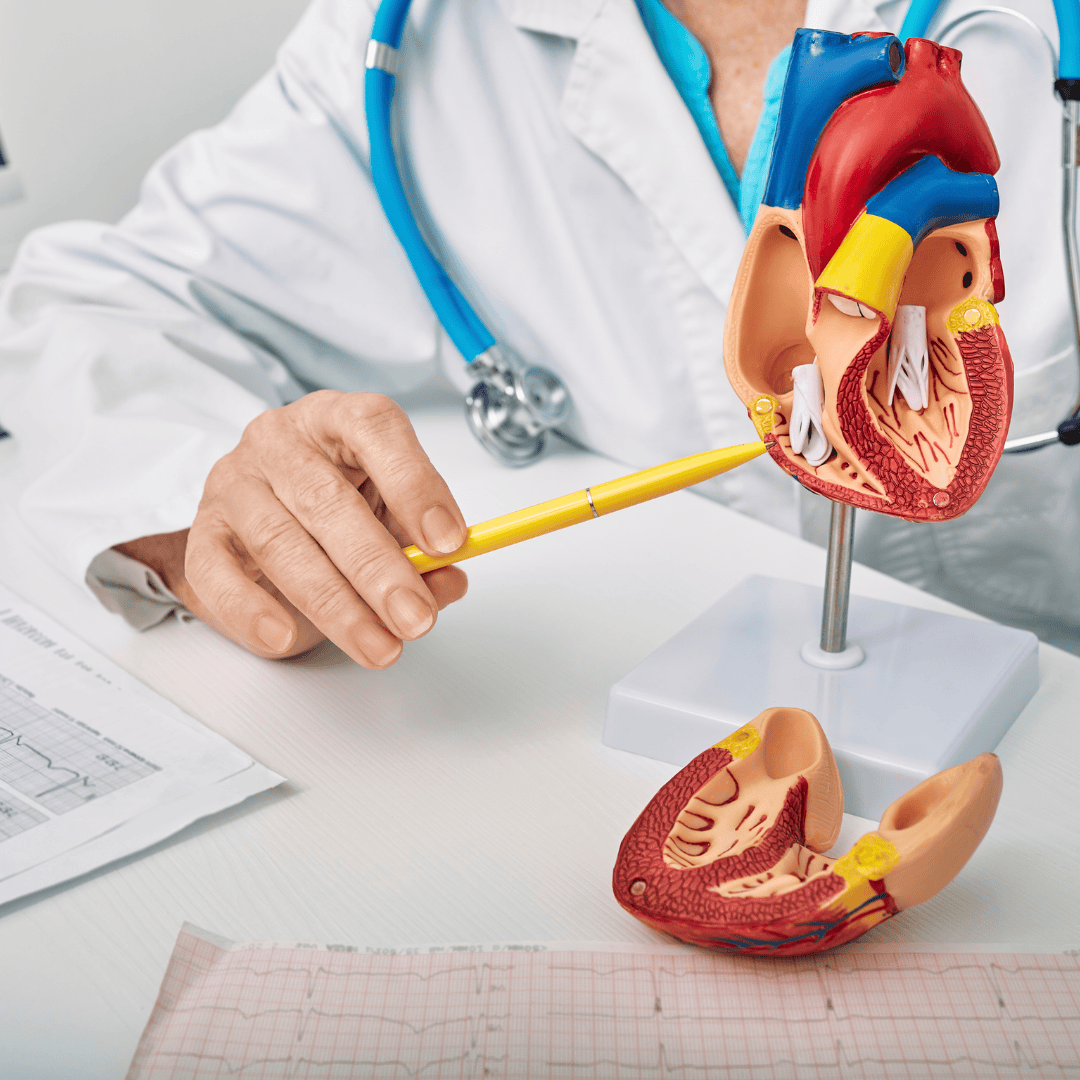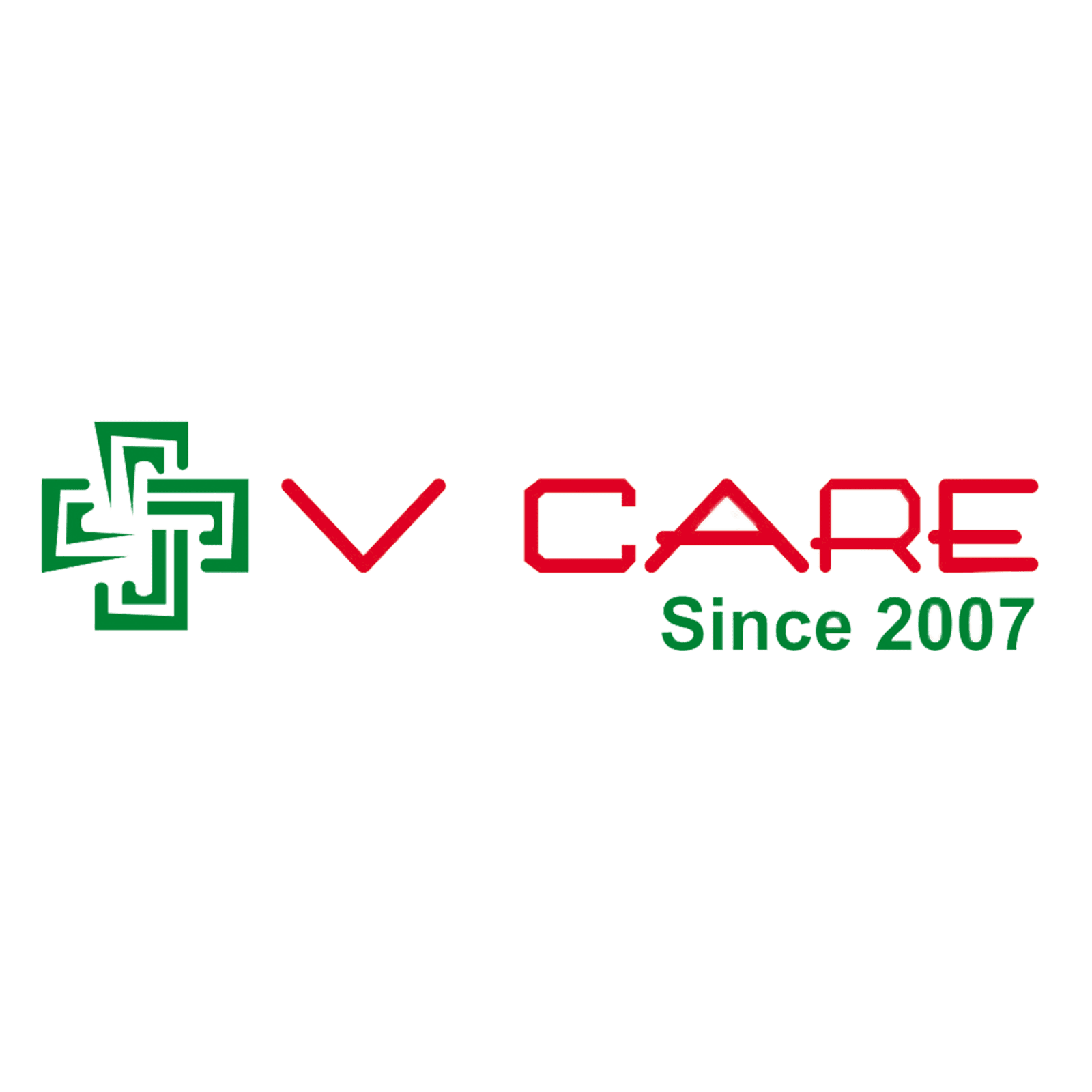Caring for Your Heart An Introduction to Cardiology
Caring for Your Heart An Introduction to Cardiology
The heart is the engine that powers the human body, pumping blood and oxygen to every organ. Cardiology is the branch of medicine that focuses on diagnosing, treating, and preventing heart-related conditions. Cardiologists are highly trained specialists dedicated to ensuring your heart remains healthy and functions efficiently.
Key Functions of the Heart
Key Functions of the Heart
The heart plays a central role in overall health, performing essential tasks such as:
Pumping oxygen-rich blood throughout the body.
Removing carbon dioxide and waste products from the bloodstream.
Regulating blood pressure and circulation.
Supporting the body’s metabolic needs through efficient blood flow.
Any disruption in these functions can lead to serious health complications.
Common Heart Conditions
Common Heart Conditions
Cardiologists manage a variety of heart-related conditions, including:
Coronary Artery Disease (CAD): Narrowing of the coronary arteries due to plaque buildup, leading to reduced blood flow.
Heart Attack (Myocardial Infarction): A blockage in the coronary arteries causing damage to the heart muscle.
Heart Failure: The heart’s inability to pump blood effectively to meet the body’s needs.
Arrhythmias: Irregular heart rhythms that can affect heart function.
Hypertension (High Blood Pressure): A major risk factor for heart disease.
Congenital Heart Defects: Structural issues present at birth.
Valvular Heart Diseases: Problems with the heart’s valves affecting blood flow.
Diagnostic Tools in Cardiology
Diagnostic Tools in Cardiology
To diagnose heart conditions, cardiologists use advanced diagnostic techniques, such as:
Electrocardiogram (ECG): Records the electrical activity of the heart.
Echocardiogram: Uses ultrasound to visualize heart structure and function.
Stress Testing: Assesses how the heart performs under physical exertion.
Cardiac Catheterization: A procedure to detect blockages in coronary arteries.
Holter Monitor: Continuous ECG monitoring for detecting irregular heart rhythms.
Treatment Options
Treatment Options
Cardiology offers a wide range of treatments to manage heart conditions, including:
Medications: Drugs to lower cholesterol, regulate blood pressure, and manage heart rhythms.
Lifestyle Modifications: Encouraging healthy eating, exercise, and stress management.
Interventional Procedures: Angioplasty and stent placement to restore blood flow.
Surgery: Coronary artery bypass grafting (CABG) or valve repair/replacement.
Implantable Devices: Pacemakers or defibrillators to regulate heart rhythm.
Heart Health Tips
Heart Health Tips
To keep your heart healthy and reduce the risk of heart disease:
Eat a balanced diet rich in fruits, vegetables, whole grains, and lean proteins.
Exercise regularly for at least 30 minutes most days of the week.
Avoid smoking and limit alcohol consumption.
Manage stress through relaxation techniques or hobbies.
Monitor your blood pressure, cholesterol levels, and weight regularly.
When to See a Cardiologist
When to See a Cardiologist
It’s essential to consult a cardiologist if you experience symptoms like:
Chest pain or discomfort, especially during physical activity.
Shortness of breath or difficulty breathing.
Unexplained fatigue or weakness.
Dizziness, lightheadedness, or fainting spells.
Irregular heartbeat or palpitations.
Conclusion
Conclusion
Cardiology plays a vital role in safeguarding heart health and preventing life-threatening conditions. With timely intervention and comprehensive care, many heart issues can be managed effectively. Our clinic offers access to experienced cardiologists and state-of-the-art diagnostic tools, ensuring you receive the best care for your heart.



